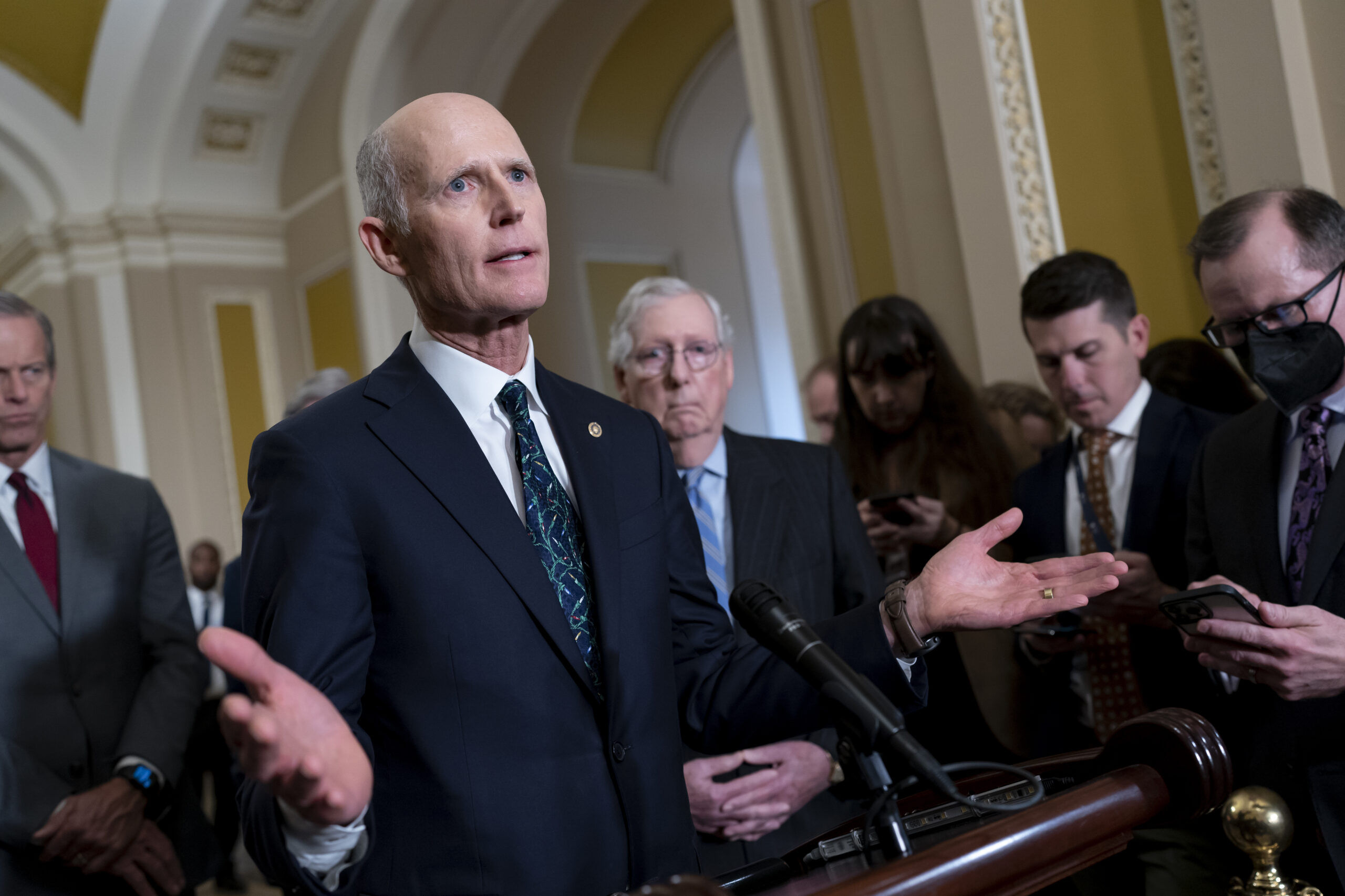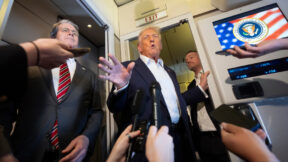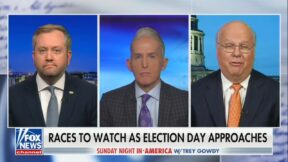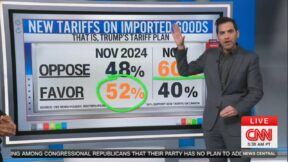Rick Scott Ratchets Up Tensions with McConnell After Committee Removal, Accuses Him of ‘Caving’ to Democrats

AP Photo/J. Scott Applewhite
Sen. Rick Scott (R-FL) hit back at Senate Minority Leader Mitch McConnell (R-KY) after McConnell removed him from the Commerce Committee.
Scott’s ouster is widely regarded as retaliation after he unsuccessfully challenged the Kentuckian for the top leadership spot in the Senate Republican conference. McConnell, who defeated Scott by a vote of 37 to 10 in November, also removed Sen. Mike Lee (R-UT) from the committee after he nominated Scott for the position.
In an interview with The Hill published on Monday, Scott accused the minority leader of “caving” to Democrats in 2021 when the Senate voted to raise the debt ceiling, which limits the amount of debt the federal government may hold. McConnell was one of a handful of Republican senators who voted to advance a bill to raise the limit in 2021.
He told The Hill:
“You saw [in 2021] he came out and said in July that we would not participate in raising the debt ceiling and then … he organized 11 people to say we’ll allow the Democrats to do it on our own. We didn’t follow conference rules. I’m tired of caving,” Scott said.
Scott said he’s “not going to back down from his efforts” to achieve “structural change” to federal spending.
The federal government hit the debt ceiling last month and will be able to pay its debts thanks to “extraordinary measures” being taken by the Department of the Treasury. Those measures, however, will dry up in early June. If Congress doesn’t raise the limit by then, the U.S. will default for the first time.
Scott has faced questions about his stewardship of the National Republican Senatorial Committee after the GOP lost a seat to give Democrats a 51-49 majority. Many Republicans believed the 2022 midterms were ripe for a GOP takeover of both Houses, but the party underperformed expectations in both instances.
In the months leading up to the election, Scott rolled out a plan that would raise taxes on most Americans, which McConnell publicly rejected.




